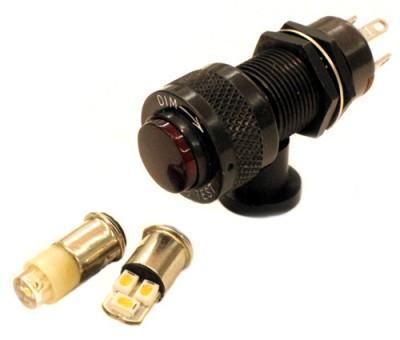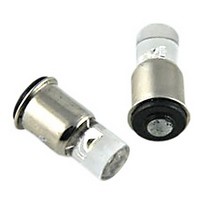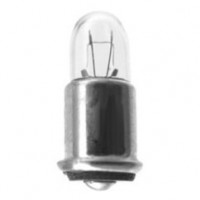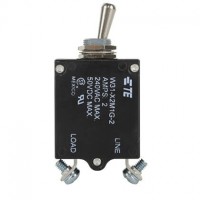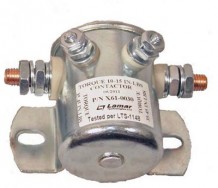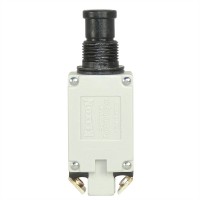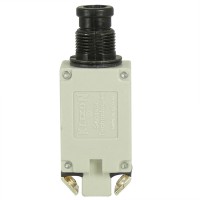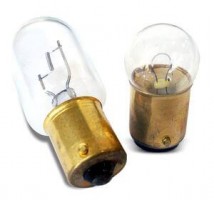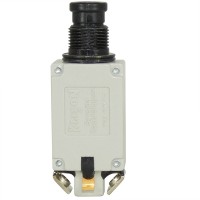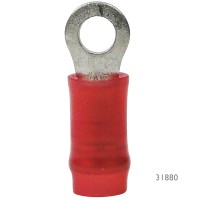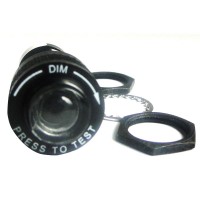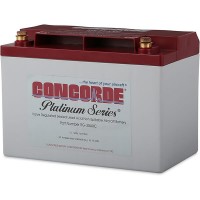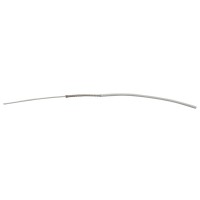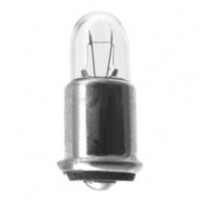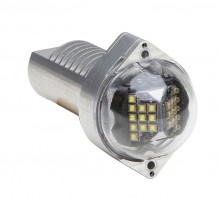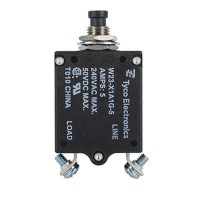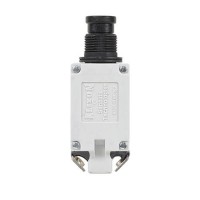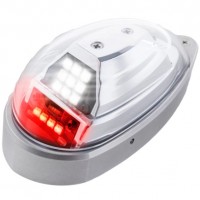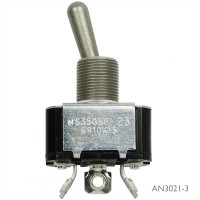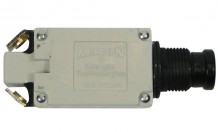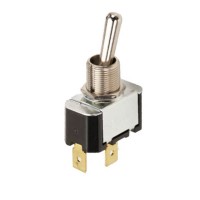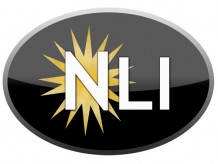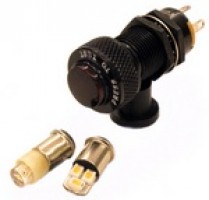Aircraft Spruce Canada
Brantford, ON Canada
Corona, CA | Peachtree City, GA
Chicago, IL | Wasilla, AK
Lonestar LED Ind Dim Green 14V
MFR Model# LS03-07101-14
- JUMP TO
- Overview
- Documents
- Reviews
- Q&A
- View in Catalog
Overview
|
Lone Star Aviationís new line of LED panel indicators are available in a RED, Green, or Amber lenses. The indicators can be (dimmed) to interior lighting conditions and TESTED by a PRESS to TEST function. The panel indicators are 14vdc and are installed into a (.468 mounting hole)in the aircraftís instrument panel.
The LED panel indicators are typically used for (indicating), (alerting) or (warning) the pilot of a possible system malfunction and or system failure. The indicator is a MS 25041 aluminum body and standard T1-3/4 led. Indicators are also available in 28vdc with standard led bulb as well as an T1-3/4 bulb at 28vdc |
Reviews
While a bit pricey, the lights reminiscent of the old mil type and have a much more professional look as opposed to some of the more modern lighting. And, appear to be more durable. Easy to install and to replace the lamp should it ever fail. Full range of diming.
Q&A
Please note, Aircraft Spruce Canada's personnel are not certified aircraft mechanics and can only provide general support and ideas, which should not be relied upon or implemented in lieu of consulting an A&P or other qualified technician. Aircraft Spruce Canada assumes no responsibility or liability for any issue or problem which may arise from any repair, modification or other work done from this knowledge base. Any product eligibility information provided here is based on general application guides and we recommend always referring to your specific aircraft parts manual, the parts manufacturer or consulting with a qualified mechanic.
Per the vendor, the amp draw is very low. Approximately 20 milliamps.
No, a bulb is included.
The panel mount indicator is dimmed by rotating the CAP, mechanical.
No, if you're using in a 12 volt system it is not required.
The manufacturer does not have any data that compares the two. However the brightness for LS03-07100-14 is 460 mcd (millicandela).
Yes, if the 900 is a primary gauge the light needs to be label "engine".
No, these do not have specific FAA approval. They have a Mil-spec only MS25041. Please consult with your A&P mechanic to determine if they can be installed in your specific aircraft.

 Aircraft Spruce Canada
Aircraft Spruce Canada
